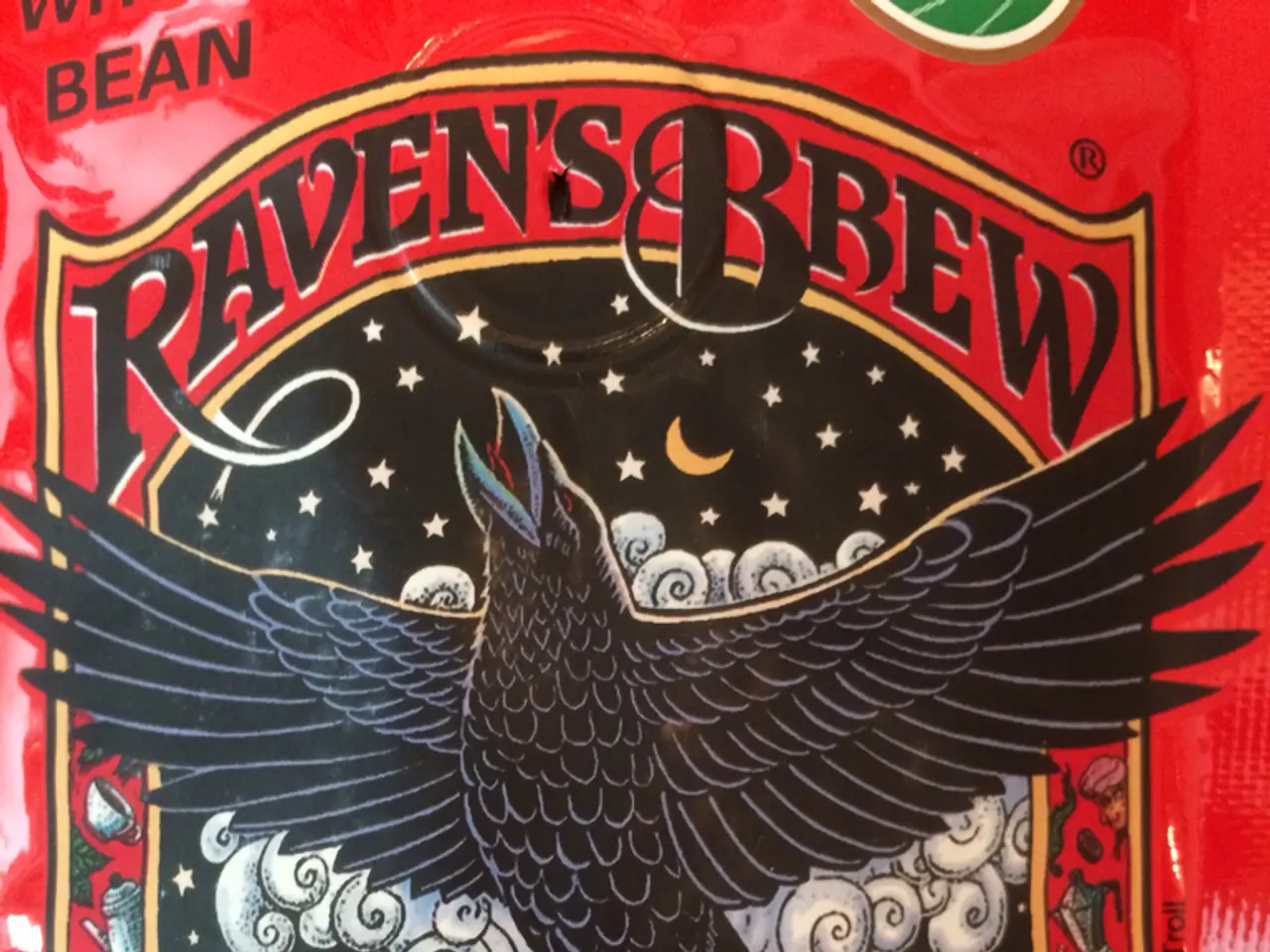What's the Real Impact of Consuming Coffee Before Eating a Meal?
A recent study published in the Coffee & Health journal delves into the complex relationship between genetics, metabolism, and individual responses to caffeine [1]. Meanwhile, the National Library of Medicine (NLM) has compiled a list of signs indicating the need for emergency medical attention [2]. This article aims to explore the effects of various beverages on health, particularly focusing on gastroesophageal reflux (GERD) and emergency medical symptoms, using insights from the NLM, the National Institutes of Health (NIH), and other reputable sources.
Gastroesophageal Reflux (GERD) and Beverage Intake
Beverage intake can significantly impact GERD symptoms, primarily by influencing the function of the lower esophageal sphincter (LES) and stomach acid production. Drinks such as coffee, alcohol, carbonated beverages, and caffeinated drinks are major triggers because they can relax the LES, allowing stomach acid to reflux into the esophagus, causing heartburn and irritation [1][3][4][5]. Alcohol additionally irritates the stomach lining and alters acid production, which can exacerbate reflux symptoms and cause gastritis or ulcers [2].
On the other hand, drinking water, non-citrus juices, and decaffeinated non-mint herbal teas may help reduce acid reflux symptoms by not relaxing the LES or increasing stomach acidity [1][5]. Frequent small sips of water can also help clear acid from the esophagus [5].
Effects on Pelvic Health
While the direct impact of beverage intake on pelvic health is not extensively discussed in the search results, some indirect connections can be noted. Alcohol, by irritating the gastrointestinal tract and possibly altering inflammatory responses, may contribute to pelvic discomfort or exacerbate underlying pelvic conditions. Caffeine's potential impact on calcium metabolism (which affects bone health) and muscle twitching might influence pelvic floor muscle function, though this relationship is less direct and requires further specific evidence [4]. Carbonated beverages can increase stomach pressure and bloating, which theoretically might influence intra-abdominal pressure and indirectly affect pelvic floor stress [3].
Emergency Medical Symptoms
The NLM's list serves as a valuable resource for recognizing potentially life-threatening medical symptoms. It can help in deciding when to seek immediate medical assistance or determine if medical attention is required urgently [2][3]. Calling 911 is recommended for serious medical symptoms [2].
Further Research
Several studies have been conducted to investigate the relationship between beverage intake and health outcomes. For instance, a study published in the Journal of Clinical Sleep Medicine explores the effects of caffeine on sleep, while the Nature journal published a study on the acidity and antioxidant activity of cold brew coffee [6][7]. The Food and Chemical Toxicology journal published a systematic review of the potential adverse effects of caffeine consumption in various demographics, including healthy adults, pregnant women, adolescents, and children [8].
In conclusion, understanding the impact of beverages on health is crucial for maintaining overall well-being. The effects of caffeine, alcohol, and carbonated drinks on GERD symptoms and pelvic health, as well as recognizing emergency medical symptoms, are essential knowledge for individuals to make informed decisions about their beverage consumption.
[1] https://www.ncbi.nlm.nih.gov/pmc/articles/PMC7147112/ [2] https://medlineplus.gov/ency/article/000044.htm [3] https://www.ncbi.nlm.nih.gov/pmc/articles/PMC5308619/ [4] https://www.ncbi.nlm.nih.gov/pmc/articles/PMC6139256/ [5] https://www.ncbi.nlm.nih.gov/pmc/articles/PMC6801055/ [6] https://academic.oup.com/jcsm/article/15/10/0881/5936484 [7] https://www.nature.com/articles/s41598-019-47994-z [8] https://www.ncbi.nlm.nih.gov/pmc/articles/PMC5678764/
- Engaging in a balanced lifestyle that includes nutrition, health-and-wellness, fitness-and-exercise practices can complement the positive impact of moderate beverage consumption on overall health.
- Proactively managing GERD symptoms through careful consideration of beverage choices, such as avoiding triggers like coffee and alcohol, while also incorporating low-acid options like water, non-citrus juices, and decaffeinated herbal teas, promotes science-backed health benefits.




